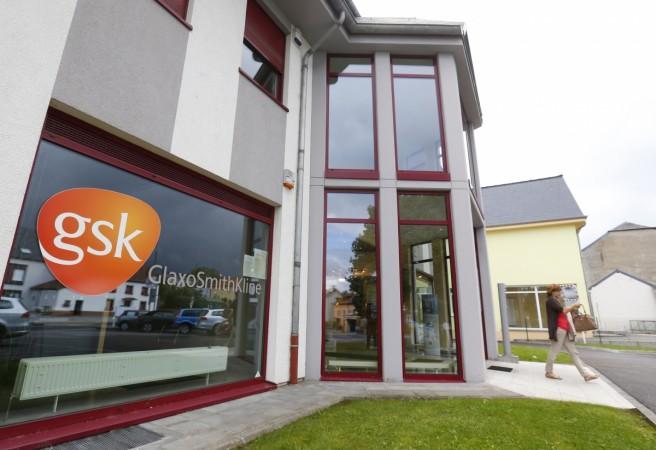
GlaxoSmithKline would make medicines affordable for people living in low- and middle-income countries by not filing for patents for new drugs.
The U.K.-based drug major also plans to give licenses to the generic drug companies in middle-income countries, such as Kosovo, Pakistan, Morocco and Ukraine, for a period of 10 years, in exchange for a small royalty on sales, the Guardian reported.
The company said it would not seek patents for new medicines in the poorest countries, such as Afghanistan, Rwanda and Cambodia, that would allow the local companies to make cheaper versions of the drug without facing any legal action.
For India, GSK said, it has filed only a few patents and adopted Indian style pricing, starting at five rupees for Calpol and Zinetac drugs.
Andrew Witty, GSK's chief executive, said for developing countries the company would adopt a customised approach as standards of living rise.
According to the World Health Organisation (WHO), developing countries account for just 17 percent of imports and six percent of exports. The WHO said one-third of developing world's people are unable to receive or purchase essential medicines on a regular basis.
GSK's latest announcement would be applicable in about 85 countries and help over two billion people, according to the Guardian. Any GSK drug on the WHO's essential medicines list will be included in the drugs for price reduction.
Witty said the company was already engaged in this practice in some countries, but it wanted to streamline its approach to recognise the realities of the world.
GSK had earlier reduced the prices of vaccines and other essential drugs, including the HIV drugs in developing countries. The company, along with U.S.-based Pfizer, came under sharp criticism from the Médecins Sans Frontières (MSF), an international humanitarian-aid NGO, for high-priced vaccines in developing countries.
"Some of the world's poorest countries are already exempted from patent protection rules until 2033 under a World Trade Organisation agreement. It does not make commercial sense for the pharmaceutical industry to seek patents in many other developing countries," Rohit Malpani, director of policy and advocacy at MSF, was quoted as saying by the Guardian.
He added GSK has not included countries like India, Brazil, China and many other middle- income countries in the list that are struggling to pay for medicines.
The MSF urged the Indian Prime Minister Narendra Modi to not accept the trade deal from the European Union (EU) surrounding intellectual property issues that could stop access to affordable generic medicines made in India.

















